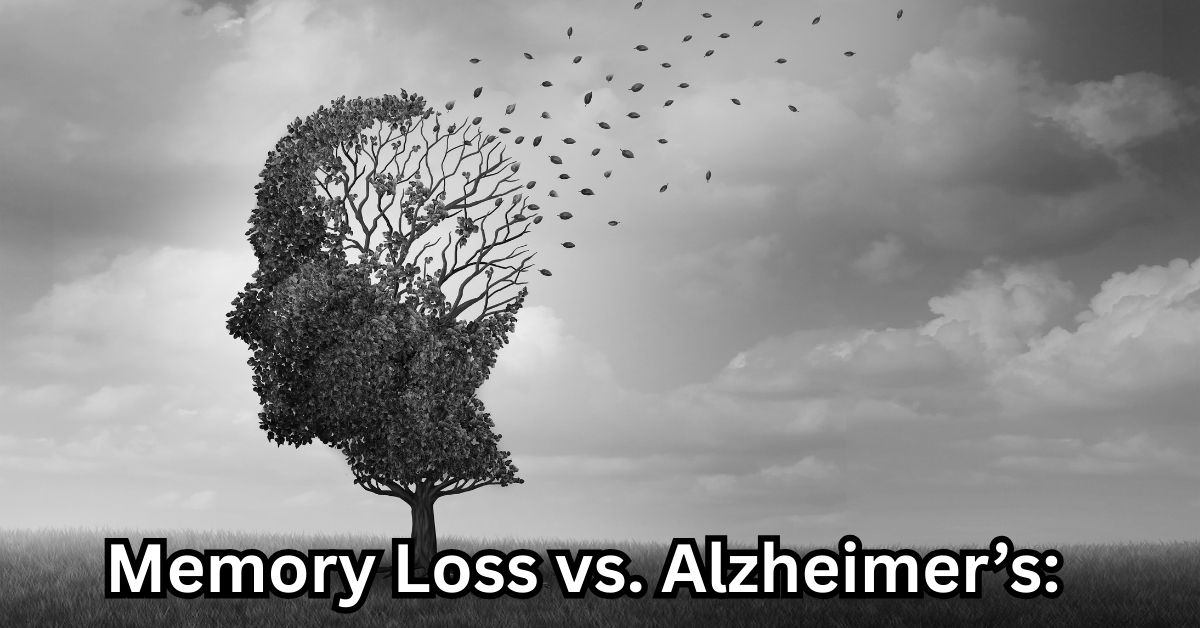Every time you forget a name or loss your glasses, you may panic, thinking you have Alzheimer’s. Chances are, you’re perfectly fine. In fact, worrying about your memory loss is actually a good sign that you’re OK.
The first stage of Alzheimer’s is more than having small lapses in your memory. You experience regular memory problems, like constantly forgetting appointments or telling the same story over and over. At this stage, you’re still able to function normally, solve problems, concentrate on tasks, and communicate – in short, your personality is still the same. As the disease progresses, not only do you lose your memory, but these other abilities, as well.
Detecting Alzheimer’s early, before all the symptoms set in, is the best hope for the future. Once the disease is evident, too much damage has already been done to memory cells. Unfortunately, a recent study found that one out of five families with a member suffering from mental problems was unable to recognize the problem. Look at this list of early warning signs that you or a loved one may have the disease.
Forgetfulness
While it’s normal to forget names or lose your keys once in a while, frequent forgetfulness may be a red flag. Think of it this way, it’s normal to forget your keys, but if you can’t remember what the keys are for, it’s time to get help.
Speech problems
Sometimes a word is on the tip of your tongue, but you just can’t get it out. Everyone has that experience occasionally, but if you often have trouble with simple words, or your speech isn’t understandable, you may have a problem.
Misplacing things
Some people lose track of their keys or the TV remote control almost every day. But finding lost items in a strange place, like the microwave or the refrigerator, should because for concern.
Personality changes
Everyone goes through changes in their lives. Some people become more easygoing and relaxed as they age, while others seem to turn into grumpy old men and women. Alzheimer’s can cause profound personality changes, transforming a calm, sweet person into someone who is frightened, paranoid, or confused.
Loss of judgment
You may think young people show poor judgment in their choice of clothes, but if you can’t judge what clothing is appropriate for you to wear, you may be the one with a problem. For example, if you put your socks on your hands, or wear shorts when it’s snowing, you have lost your ability to judge.
Problems with familiar tasks. Busy people are often distracted and may forget to finish something they started. Someone with Alzheimer’s might prepare a meal and not only forget to serve it, but not remember she even made it in the first place. Or she may have problems remembering how to prepare the meal at all.
Disorientation.
If you become lost in a strange city, no one would accuse you of having Alzheimer’s. But if you are lost in your own neighborhood, that’s another story. Place or time disorientation is an early symptom of Alzheimer’s. If you easily forget what day it is or how to get to a familiar place, see your doctor.
Loss of interest
Anyone can lose interest in a slow-paced movie, but when you aren’t interested in any of the things that used to bring you pleasure, that’s a little more serious.
Trouble “adding it up.”
If doing simple math problems suddenly becomes more difficult, you may have a problem yourself. Math requires abstract thinking, connecting symbols (numbers) with a meaning. Abstract thinking is one of the first skills you lose with Alzheimer’s.
A new variation of the familiar MRI (magnetic resonance imaging) allows doctors to diagnose very early stages of Alzheimer’s. This “functional MRI” can give a closer look at a specific area in the memory center of your brain. Experts believe a breakdown here is not caused by normal aging, but is a sign of early Alzheimer’s. So even if you show no outward symptoms of the disease, this test gives such advance warning that you can begin treatment before it’s too late.
